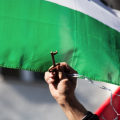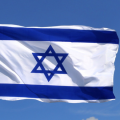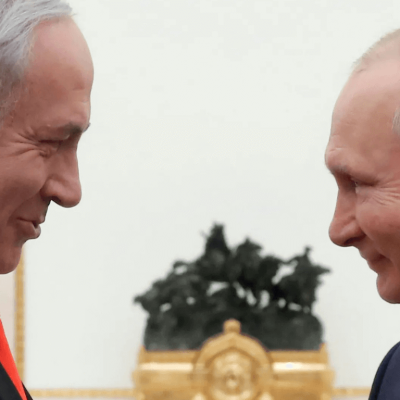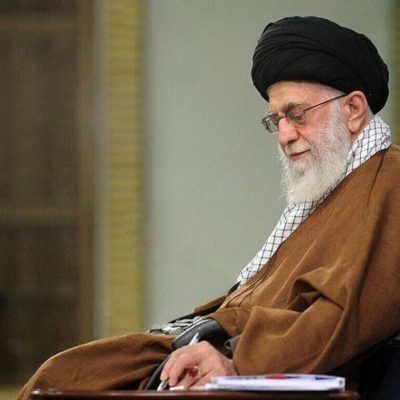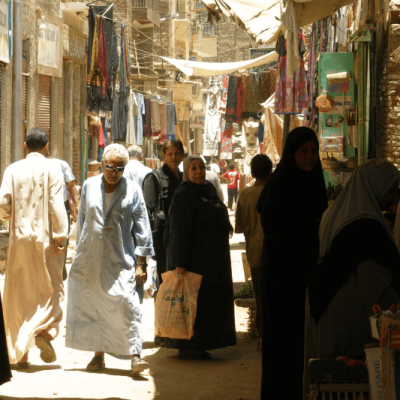Israel Left with No Choice but to Comply: Prisoner Exchange Finally Happening
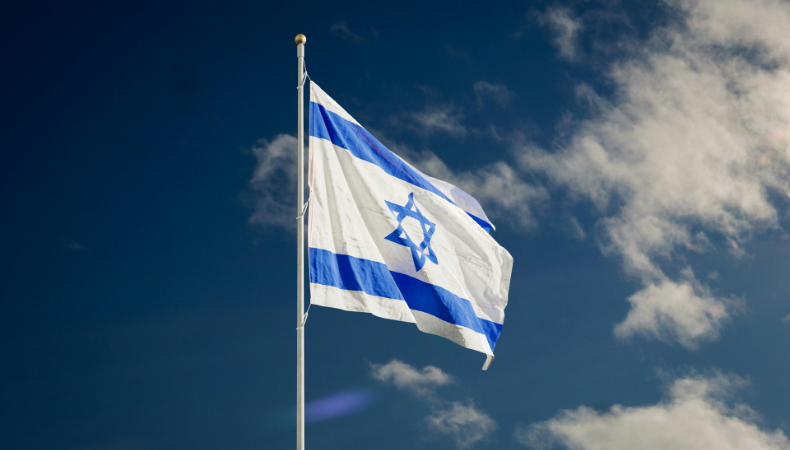
Within the long-standing and complicated struggle between Israel and Hamas, prisoner exchanges have become once more important topic of discussion. Once again at the forefront of attempts to reduce tensions and maybe open the path for more general peace negotiations is the trade of prisoners, sometimes laden with political consequences and emotional resonance. The dynamics, questions, and ramifications of the prisoner swap between Israel and Hamas are examined in this editorial.
Dynamics and Numbers
Israel has reportedly housed around 5,200 Palestinian detainees, mostly connected to the Fatah organization, with a noteworthy proportion connected to Hamas and other groups like Islamic Jihad as of recent counts. About 800 people from the West Bank and Gaza Strip have been arrested in line with Hamas’s latest military operations, which included the kidnapping of Israeli soldiers and citizens. Apart from these latest catches, approximately 130 Hamas fighters were caught during conflicts in southern areas, so augmenting the overall number of Palestinian detainees under Israeli custody to 6,000¹.
Apart from aggravating tensions, the incarceration of these people raises humanitarian questions. Many of these detainees underscore the human cost of the war outside of the battlefield since many of their relatives are waiting impatiently for word of their loved ones.
Looking forward developments: the humanitarian element
Palestinian inmates have kept relative peace and calm throughout the turmoil, perhaps expecting possible negotiations for a prisoner swap. This patience emphasizes the careful equilibrium that defines their circumstances between hope and uncertainty. For these people, their arrest reflects a sober reality of the larger geopolitical conflicts and hopes for peace.
Families of Israeli prisoners imprisoned by Hamas, on the other hand, experience comparable hopes and fears. The fate of their loved ones is entwined with the political wriggling and bargaining between Israel and Hamas, therefore adding a very personal element to the larger struggle.
Political and diplomatic ramifications
Prisoner swaps raise extremely political as well as humanitarian questions. It entails complex negotiations about terms, conditions, and the more general consequences for future relations between the engaged parties. Historically, prisoner swaps have been absolutely vital confidence-building tools and initiators of communication between enemies.
Recent times have seen such interactions brokenred with the engagement of third-party mediators, therefore highlighting the international community’s part in supporting regional peace initiatives. Recognizing their ability to de-escalate tensions and promote trust-building actions, the United Nations, regional bodies, and individual nations have all helped to enable or encourage such interactions.
Problems and Obstacles
Still, the road to a prisoner trade is not easy. Deeply ingrained political factors exist beyond the technical difficulties of negotiating arrangements acceptable to both sides. The pace and extent of negotiations are shaped on both sides by public opinion, security concerns, and domestic political constraints as well as by each other.
Furthermore, the history of prisoner swaps in the area is full of cases when agreements collapsed or were postponed because of unanticipated events or conflicts on specifics. These difficulties underline the frailty of diplomatic initiatives and the necessity of constant dedication among all the engaged parties.
Keep on Reading
Final Thought
Watching intently as Israel and Hamas negotiate the complexity of a possible prisoner exchange is the world. The need of fixing this problem is highlighted by the humanitarian necessity to match captives with their relatives. Apart from the urgent humanitarian issues, a good exchange can offer a hope for more general peace initiatives in the area.
In the end, resolving the problem of detainees is essential to forward a fair and permanent settlement to the Israeli-Palestinian conflict whether by diplomatic negotiations or other channels. The assistance and involvement of the world community remain vital as long-term stability, peace, and reconciliation depend on an environment fit for them.


